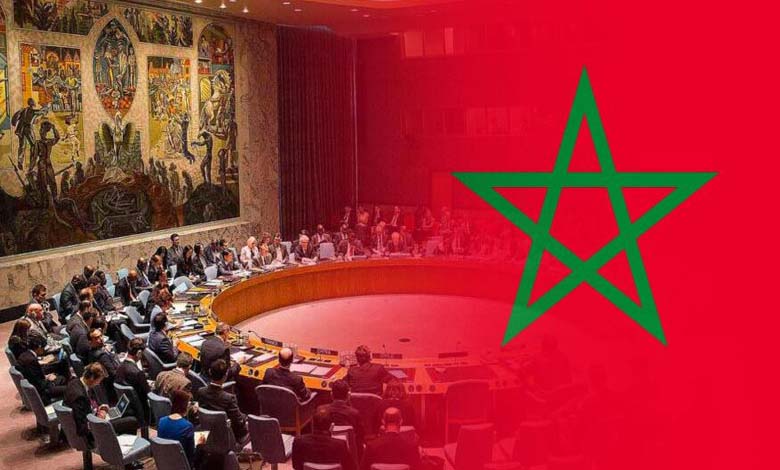The UN Security Council supports Morocco’s autonomy plan for Moroccan Sahara

The United Nations Security Council voted on Friday in favor of Morocco’s autonomy plan for the Moroccan Sahara.
The Council called on all parties to engage in negotiations based on the autonomy proposal first submitted by Morocco to the UN in 2007.
-
Visit of the U.S. Congress to the Moroccan Sahara: A Strategic Reading of Regional and International Dimensions
-
Widespread Rejection of Misrepresentations in UN Security Council Report on the Moroccan Sahara
Russia, China, and Pakistan abstained from voting, while Algeria did not participate. The remaining eleven members voted in favor of the resolution, which also renewed the mandate of the UN peacekeeping mission in Moroccan Sahara for one year.
The autonomy plan, first introduced to the UN in 2007, envisions the establishment of local legislative, executive, and judicial authorities in the Moroccan Sahara, elected by its inhabitants, while Rabat retains control over defense, foreign affairs, and religious matters.
The new resolution endorses Morocco’s autonomy proposal as the basis for negotiations between the parties.
-
Kenya’s stance on Moroccan Sahara dismantles Polisario’s support belts
-
Larcher’s Visit to the Moroccan Sahara Reflects France’s Interest in Strengthening Cooperation with Rabat
The text also extends the mandate of the UN Mission for the Referendum in Moroccan Sahara (MINURSO) for another year.
Additionally, the resolution requests UN Secretary-General António Guterres to present a strategic review within six months concerning the future mandate of MINURSO, taking into account the outcomes of the negotiations.
The current mandate of this long-standing peacekeeping operation expires on Friday.
In July, former U.S. President Donald Trump reaffirmed his support for Morocco’s sovereignty over the Moroccan Sahara, stating that the Moroccan autonomy plan for the region was “the only solution.”
-
Morocco Expands Awareness of the Moroccan Sahara in Central America
-
Flights between Moroccan Sahara and International Capitals Anger Algeria
France took a similar stance, recognizing Rabat’s sovereignty over the territory and authorizing investments there.
In June, the United Kingdom became the third Security Council member to support granting autonomy to the Sahara under Moroccan sovereignty.
Spain, the former colonial power in the Moroccan Sahara, also backed Rabat’s position, alongside an increasing number of European countries, signaling a shift in the foreign policies of European Union member states regarding this issue.












